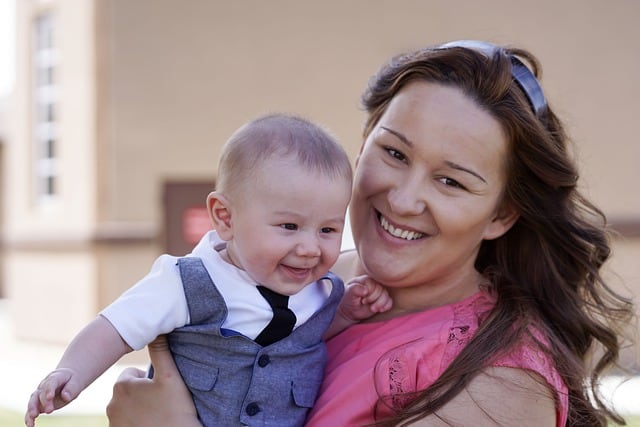What is your Parenting Style?
Development psychologist, Diana Baumrind, a developmental psychologist, and Stanford researchers Eleanor Maccoby and John Martin, have defined that there are four main parenting styles that are defined in child psychology today: Permissive, Authoritative, Neglectful and Authoritarian.
Each parenting style has different effect on children’s behaviour and their degree of ‘Responsiveness’ and ‘Demandingness’. Responsiveness is the extent to which parents are warm and sensitive to their children’s needs. While Demandingness is the extent of control parents put on their children to influence their behaviour.
The four styles are defined by specific characteristics:
Authoritarian: This style is very parent driven. There are strict rules and punishments. There are low levels of affection and a high focus on obedience. This style is highly demanding, monitoring and controlling of their child’s behaviour. This is the ‘tough love’ style which involves talking to their children without wanting input or feedback. These children may be aggressive; however, they can also be shy and cannot think for themselves. This ‘because I told you so’ parenting can lead the child to rebel against authority later in life.
Permissive: This style is very child driven. The parent is very lenient; they are responsive, but not overly demanding like our Authoritarian parents. These parents tend to avoid confrontation at all costs by overindulging their child. In addition, they leave their child to self-regulate. Permissive parents tend to take on a friendship role rather than a parenting role. Their kids are allowed to do whatever they please which often leads to poor boundaries and a lack of direction in life. These kids can have higher symptoms of anxiety and depression. Studies have found links between permissive parenting and increased alcohol use among teenagers as well as higher rates of school misconduct and lower levels of academic achievement (Michigan State University, 2022).
Neglectful: These parents are uninvolved or absent; they are neither responsive nor demanding. They are completely disengaged with their child; they offer no support and provide no structure. This style provides little nurturance or guidance to their child. These parents aren’t always intentional in their actions, more often than not these parents are often struggling with their own issues.
Authoritative: This style finds parents and child work together to solve problems. There are clear rules and expectations with open communication and natural consequences- there are firm boundaries in place. These parents are affectionate- but also responsive and demanding. They have low levels of negativity and seldom clash with their child. They are assertive without being restrictive. Authoritative parents are often very in tune with the child’s needs and therefore assist the child by co-regulating. This leads these children to be self-disciplined and the ability to think for themselves.
If you’ve read the above styles and are now thinking ‘uh oh’ – that’s OK- the parenting gig is a tough one to navigate. There’s generally no ‘one size fits all’ style. The most successful parents know when to change their style, depending on the situation. An authoritative parent, for example, may want to become more permissive when a child is ill, by continuing to provide warmth and letting go of some control (e.g., “Sure, you can have some ice cream for lunch and dinner.”). A permissive parent may be stricter if a child’s safety is at stake, like when crossing a busy street (e.g., “You’re going to hold my hand whether you like it or not.”).
Therapy can help parents identify their parenting style and offer strategies to assist parents to overcome any negative behaviours and replace them with healthy strategies to allow their children to thrive in life.
For more information or parenting support please contact us on adminteam@innatetherapies.com or 0414 480 934

